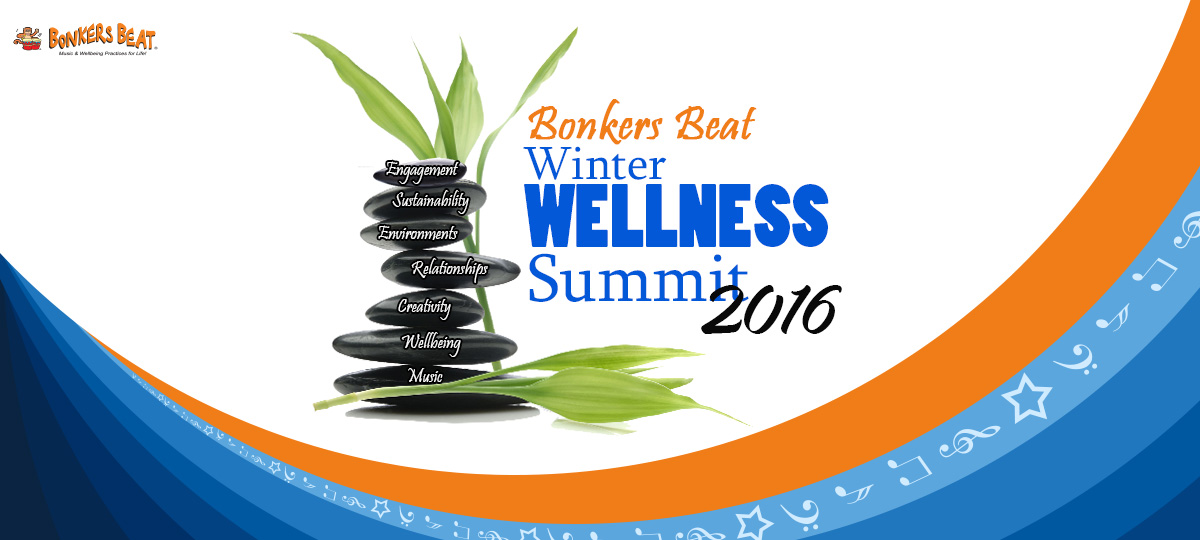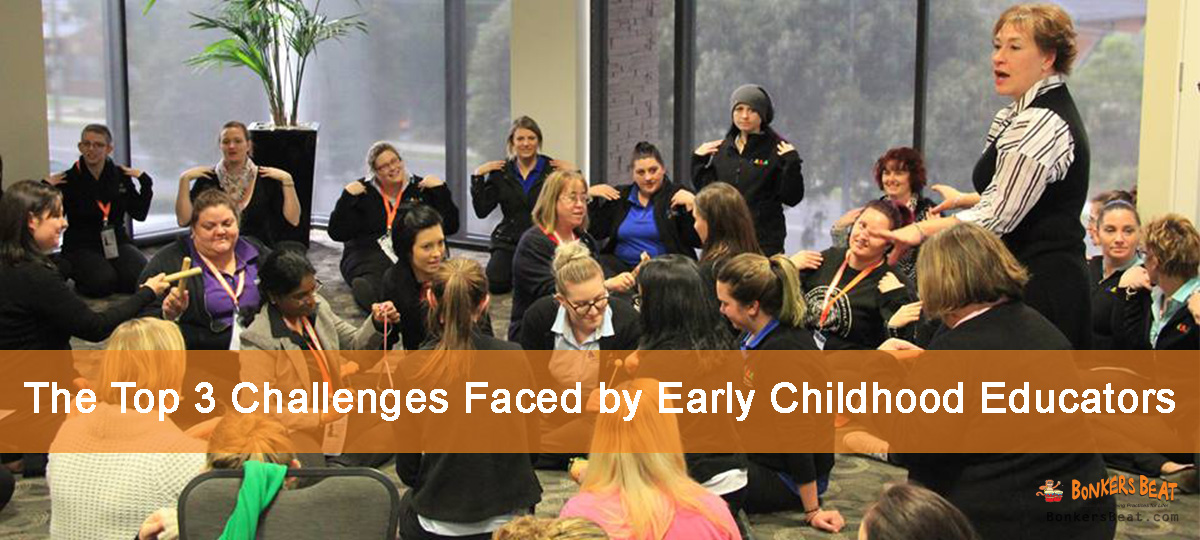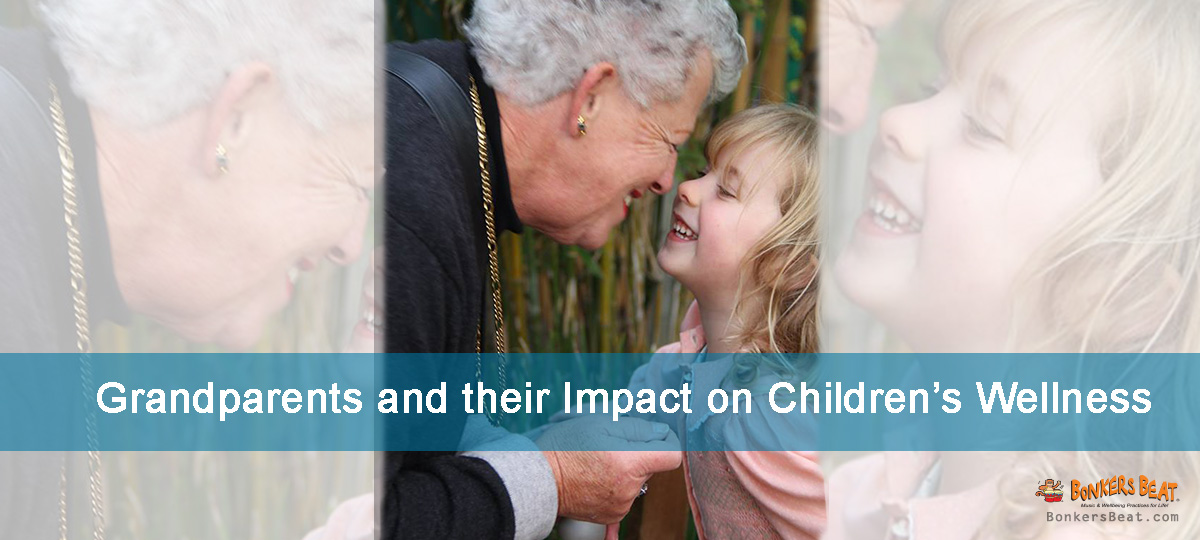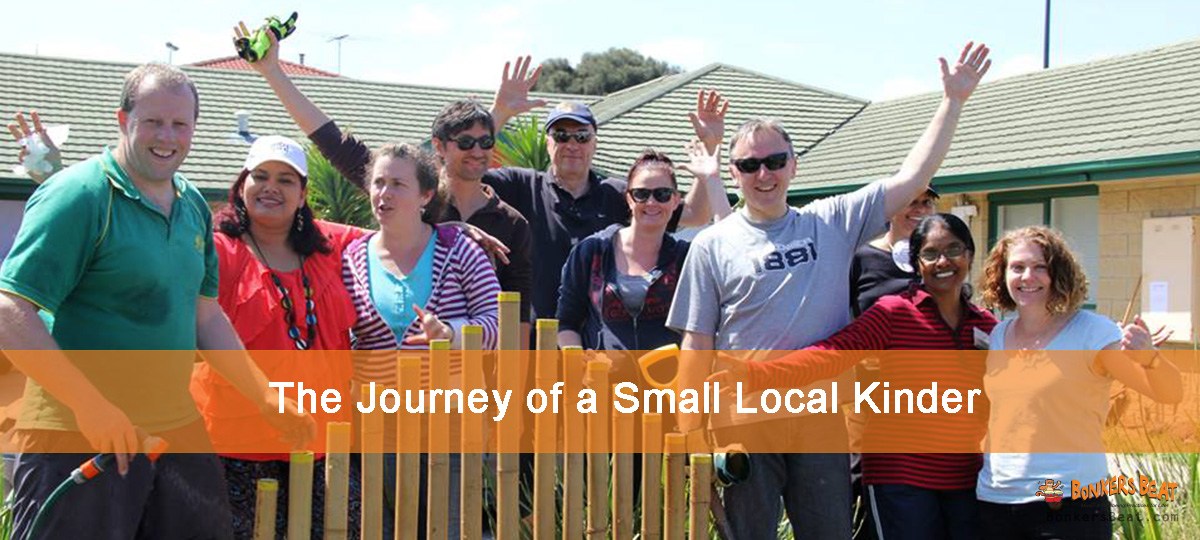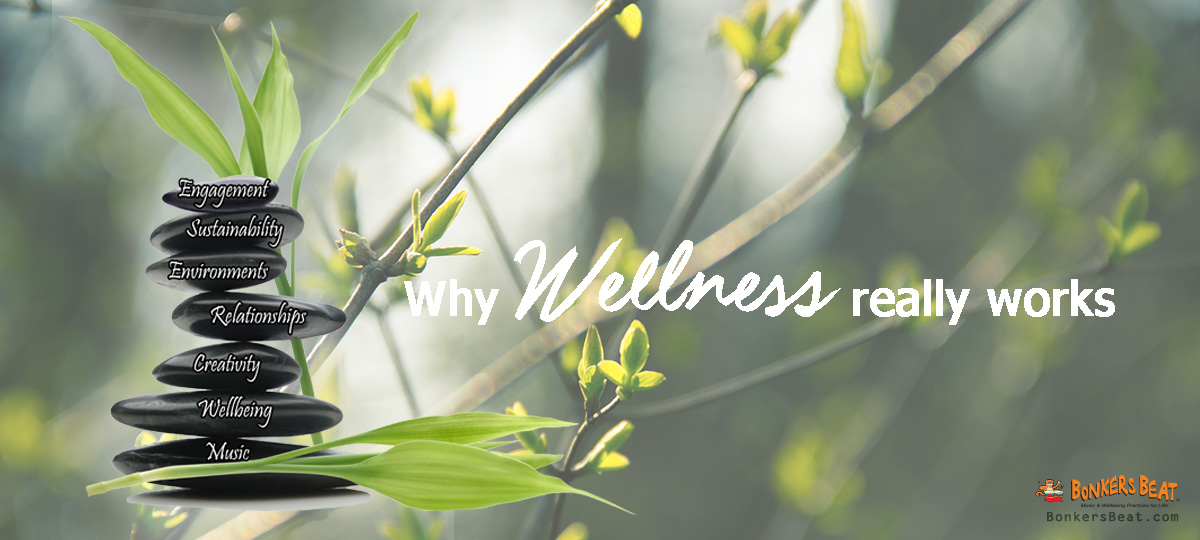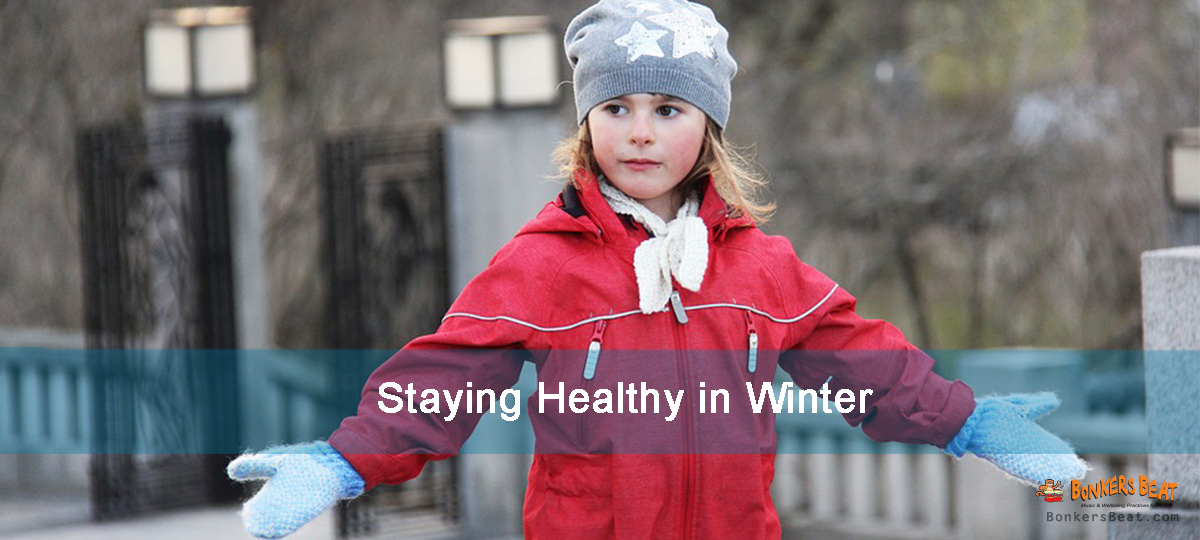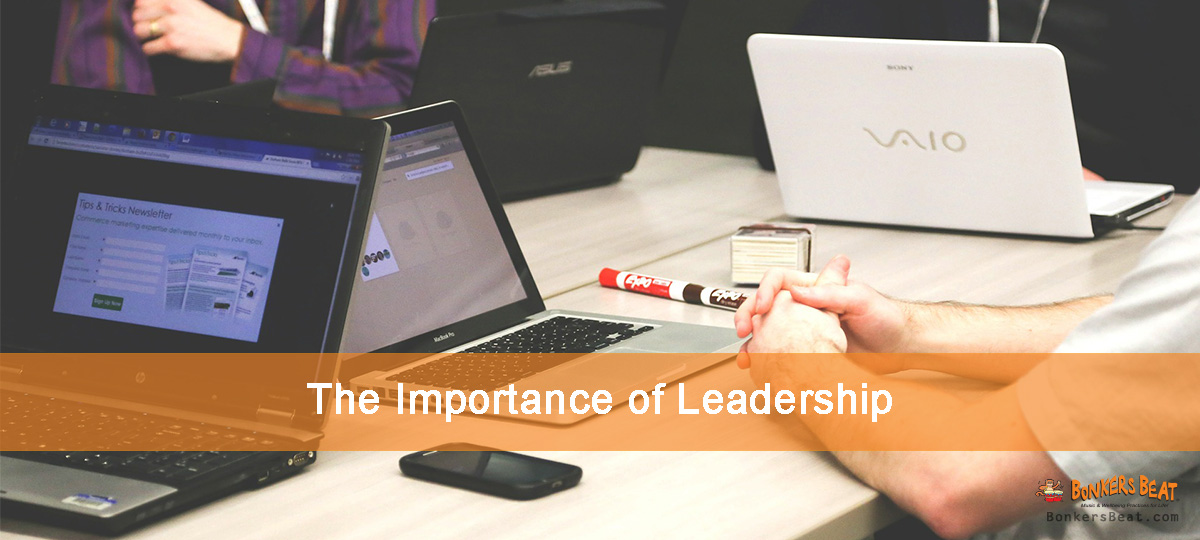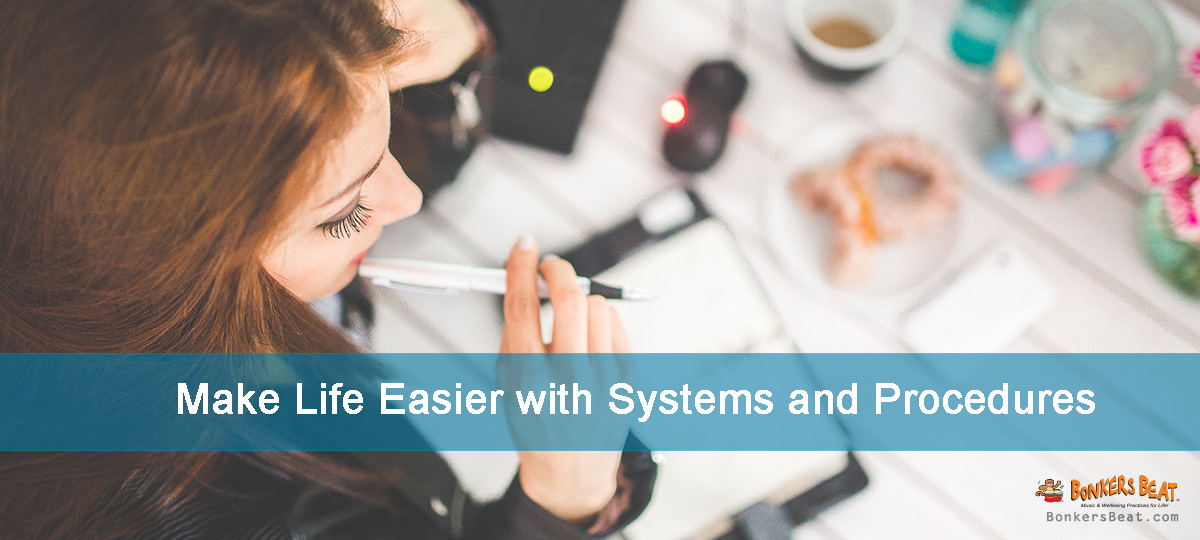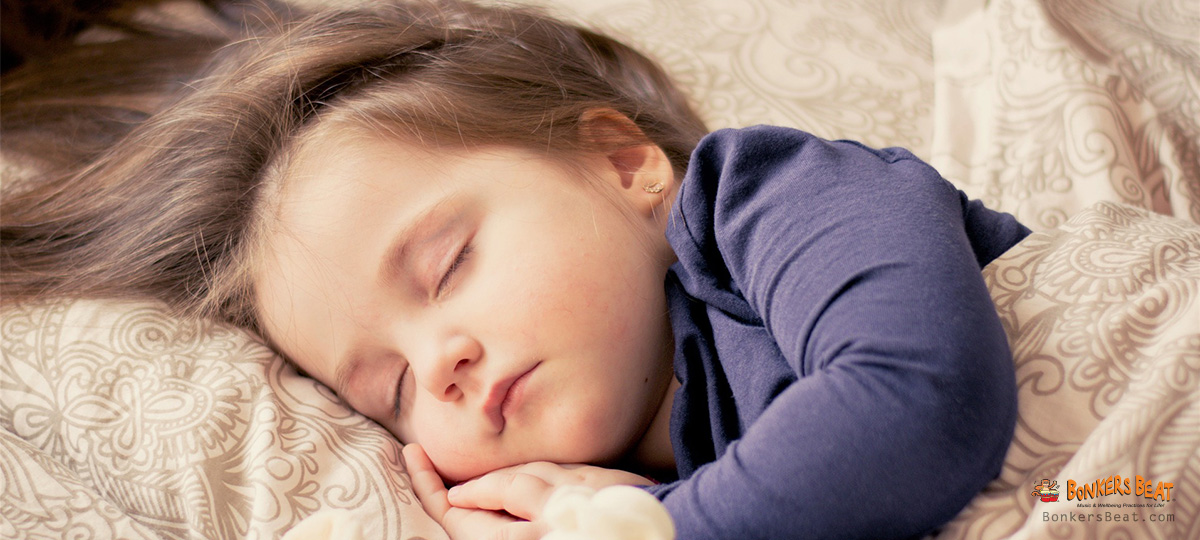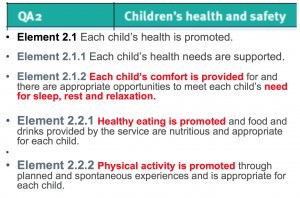Choosing the right childcare centre, kindergarten or school is one of the most challenging decisions parents have to make. It’s clear that many parents have an idea of what sort of program or approach to early childhood education they prefer… So how can our philosophy, values and early childhood curriculum suit everyone?
As early childhood educators, we want to deliver what all families want, but how do we do this while staying true to what we believe will help a child to reach their full potential?
Have a Vision
After teaching music to children for more than 25 years, it was evident to me that music is powerful! I could see how music could change lives and characters of young people and could become a key for the development of the whole child. The vision for me was to use music as the foundation of a program to nurture each individual, develop their sense of identity and unlock the door to reach their potential.
The questions I asked myself were: “How can we create a curriculum where music will become a strong and valuable foundation for children’s learning? How can we include music in everyday routines? How can we achieve the best outcomes for EVERY CHILD, EVERY DAY?”
Fix your Focus
With so many expectations from parents, it’s hard to know what to focus on. “Will your programme help my child to read and write before he’ll start school?…” “Can you help my child become independent? He will be going to prep next year…”
“Don’t you teach children math in kinder? They need to know how to count…”
So where do we start? I believe we should start with VALUES. For example, the Bonkers Beat Philosophy is based on Five Principles:
• Respect for all people
• Respect for all animals & living creatures
• Respect for all plants & nature
• Respect for kinder & personal belongings
• Respect for yourself
While our program reflects these Five Principles, it’s clear that every curriculum should have only one Main Focus: THE CHILD!
Ask yourself these questions:
What is the main focus of our curriculum?
Is this working for the children (and educators)?
Are the children really interested and engaged?
Do I really know and understand every single child?
What new and exciting ideas can I offer?
What is my purpose and what is my vision?”
Remember every educator is a creator and every educator is an innovator. If our Main Focus is the CHILD, we are well on our way to delivering a world-class curriculum.
Wellness Works for Every Child
We mentioned in our previous blog, ‘Why Wellness REALLY Works’, that a holistic approach really is crucial to deliver high quality early childhood education. For me, the approach that made the most sense – and demonstrated amazing results – was through wellness. There’s really no denying that achieving wellness for children AND for educators improves every aspect of early childhood education – for families, staff, centres and the industry as a whole.
In our days of pressure and fast living, it’s so easy to fall into the habit of doing the same things over and over again. From time to time we might feel scared to make a change or try something different. Often, we get criticised for not doing things the ‘usual’ way. Believing in your dreams and working towards one goal with a team of supportive and dedicated people, will make a difference. It will help you to put your vision into practice.
For me, one single idea of a music program for EVERY CHILD EVERY DAY, was just the beginning of a comprehensive and innovative curriculum which is now successfully run in centres all over Australia!
There is always so much more for us to learn, that we can never say that all our work is done. There will always be many more opportunities to improve, make our curriculum better and reflect on the changes of our fast moving society.
I’ve joined forces with internationally renowned early childhood expert Alina Dan and invite you to join us at Wellness Works: The Complete Early Childhood Leaders Conference. Come along and see for yourself why a holistic approach is so unique and effective.

